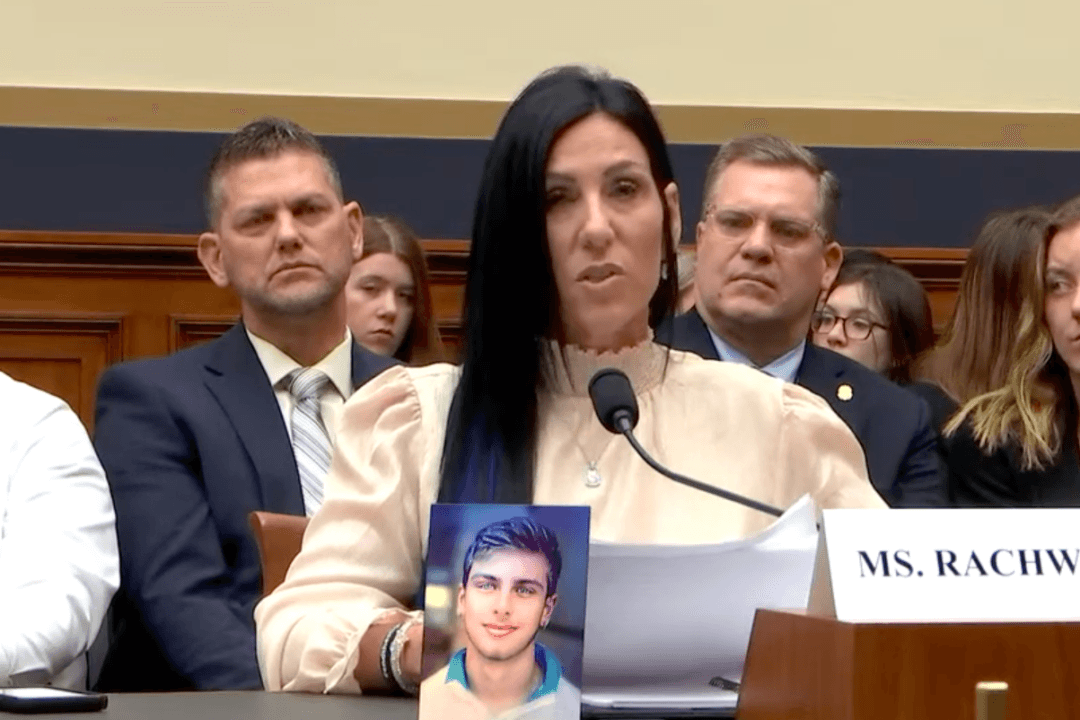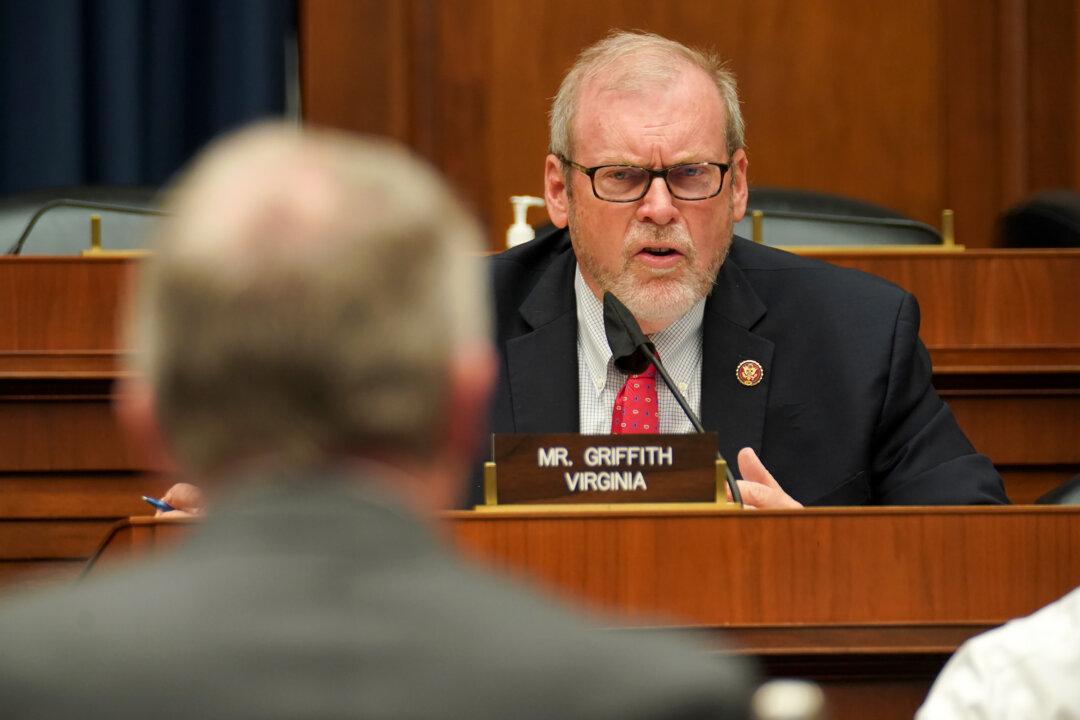“How can you focus on the theoretical rights of criminals over the rights of our children?” Erin Rachwal, whose 19-year-old son died of a fentanyl overdose in 2021, asked members of the House Judiciary Subcommittee on Crime and Federal Government Surveillance.
“This could happen to your family,” she said. “Fentanyl does not discriminate. It is a poison.”





